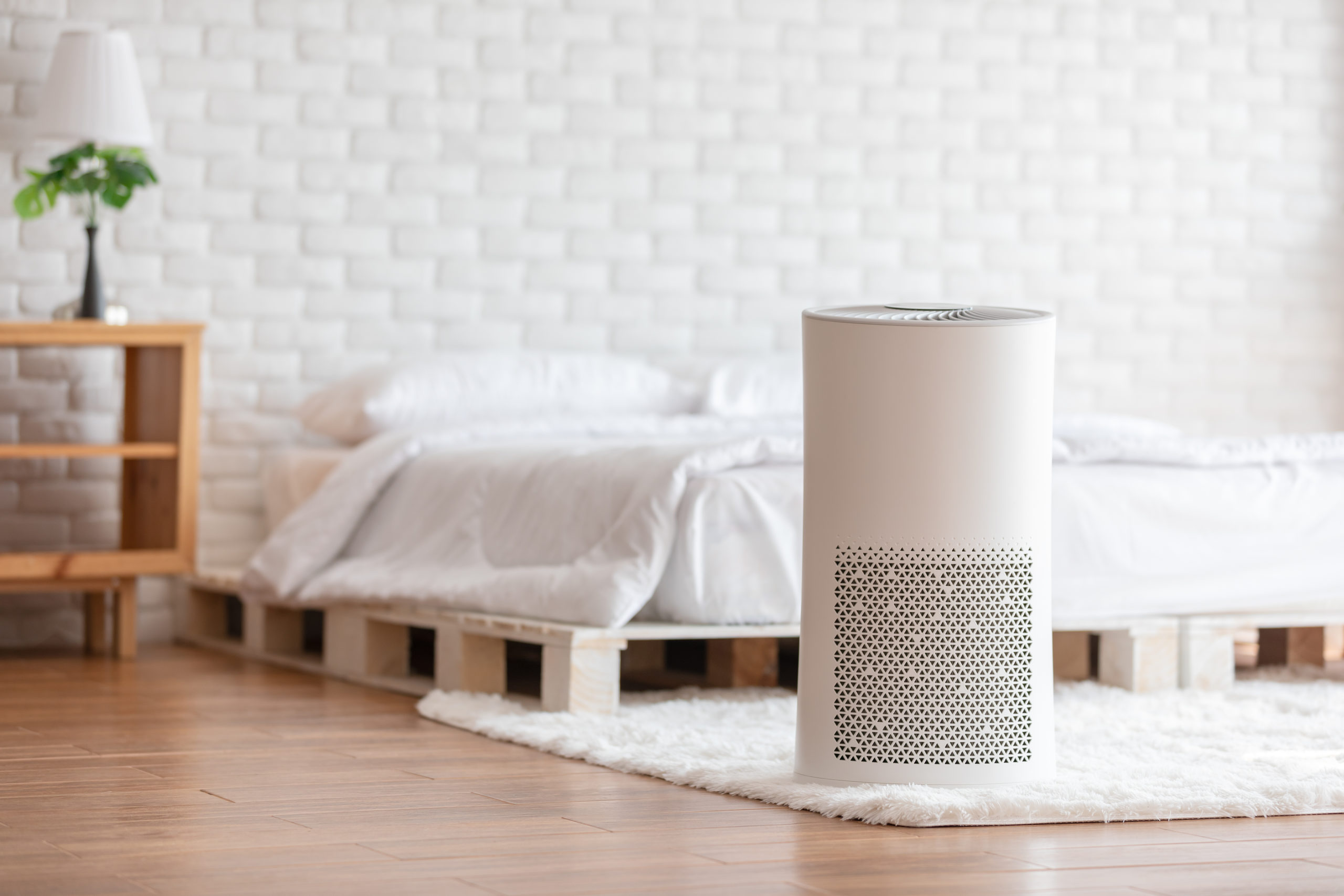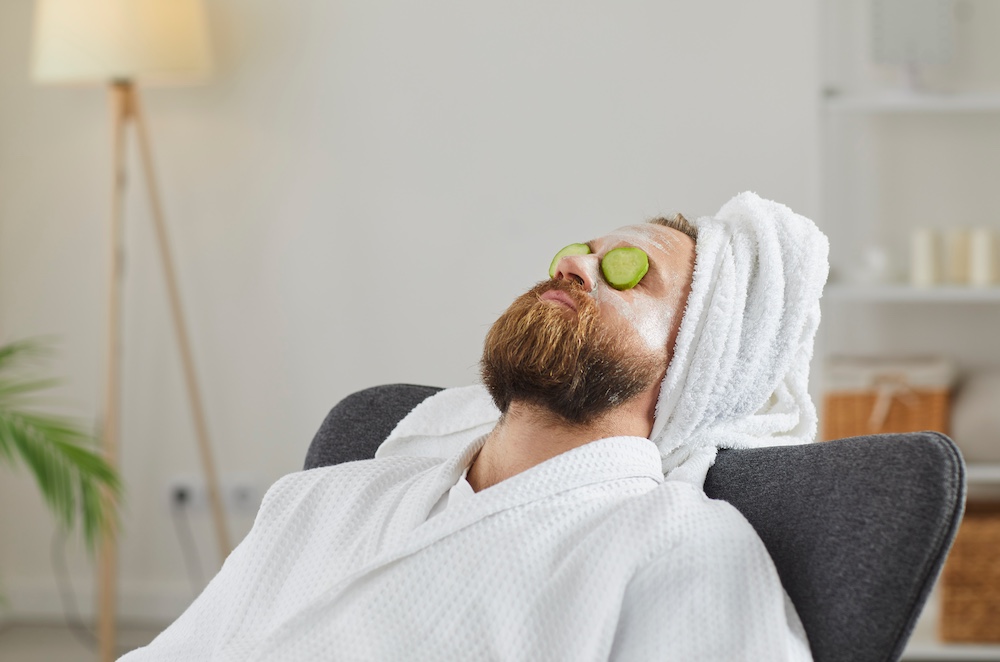Home air purifiers are on the rise, and it is time to improve the air quality in your home. While your home is designed to shelter you, many of us are spending much more time indoors, especially since the pandemic. This article explores the question of how do air purifiers work and why you need them to improve your quality of life!
How do Air Purifiers Work?
There are several reasons why people get an air purifier, it may be for health reasons or just to make your home cleaner. Whatever the reasons, there is one question and that is how do air purifiers work? Air purifiers work by sanitising the air, and by removing pollutants, allergens, and toxins. They are the exact opposite of essential oil diffusers and humidifiers, which add particles to indoor air.
The type of air purifier varies on how they extract the particles from the air. Some models trap particles as air runs through them. Meanwhile, other purifiers may neutralise other particles in the air without filtering them first.
Another option is a negative ion-emitting air purifier. This helps attract positive ion particles in the air. The downside of this option is the possibility of ozone emissions.
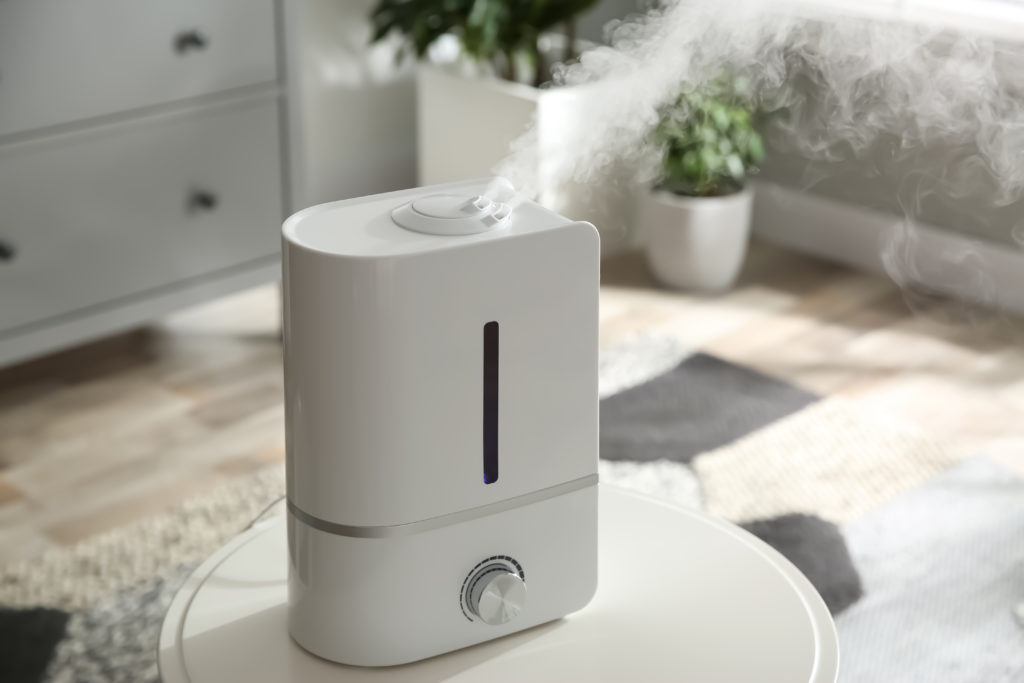
Air purifiers are a great way to create a fresh, inviting home!
Are they Effective?
The short answer is yes, but an air cleaner won’t remove or neutralise all airborne particles in your home. This is because many particles can sit on soft surfaces, such as furniture, bedding, and carpeting, as well as hard surfaces, such as your walls. An air purifier may act as a complement to a filter and other strategies to help get rid of the following particles.
Allergens
Allergens are substances that can create adverse immune responses in the form of allergies or asthma. The most common airborne allergens are dust pollen, pet dander, and dust mites. An air purifier may work in conjunction with a high-efficiency particulate air (HEPA) filter, as they are best known to trap airborne allergens.

Dealing with dust and pollen allergies is annoying, and air purifiers help reduce those symptoms!
Mould
Like allergens, indoor mould particles can become especially dangerous for people with asthma and other lung conditions. So how do air purifiers work to combat this? Well, air purifiers may work, but filtration is far more effective in removing mould in the air. An air purifier with a HEPA filter works best, along with reducing humidity levels in your home.
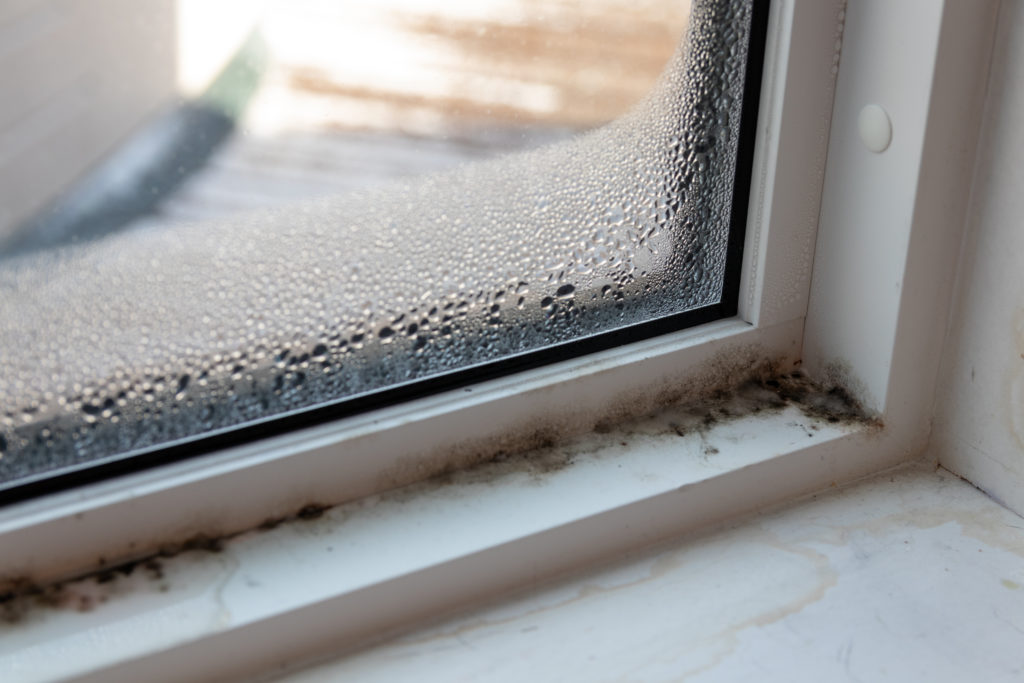
Prevent mould from forming by removing them with air purifiers!
Smoke
How do air purifiers work on smoke? Filter-equipped air purifiers can remove smoke in the air, including smoke from landscape fires and tobacco smoke. Unfortunately, air purifiers can’t get rid of the smoke smell entirely, this is because there may be smoke stains on walls and ceilings despite their use.
To completely remove any signs of smoke then the only option is to stop smoking, instead of trying to filter out smoke-filled air. Tobacco creates gaseous pollutants and particulate matter, for which, air purifiers are not designed to remove gaseous pollutants.

Cigarette smoke is hard to remove, but air purifiers can help!
Indoor Toxins
Not only may your home be a source of airborne allergens and mould, but also indoor toxins. By using cleaning products and personal care products, the fumes are infused into the air and cause internal damage to your body. Some symptoms to look out for if you have toxin build-up are brain fog, hair loss, fatigue, and nausea.
The way air purifiers work on indoor toxins is that they draw in the air with the help of a fan. The air is put through a filter to eliminate any harmful particles, and then it diffuses the air back into the indoor environment.
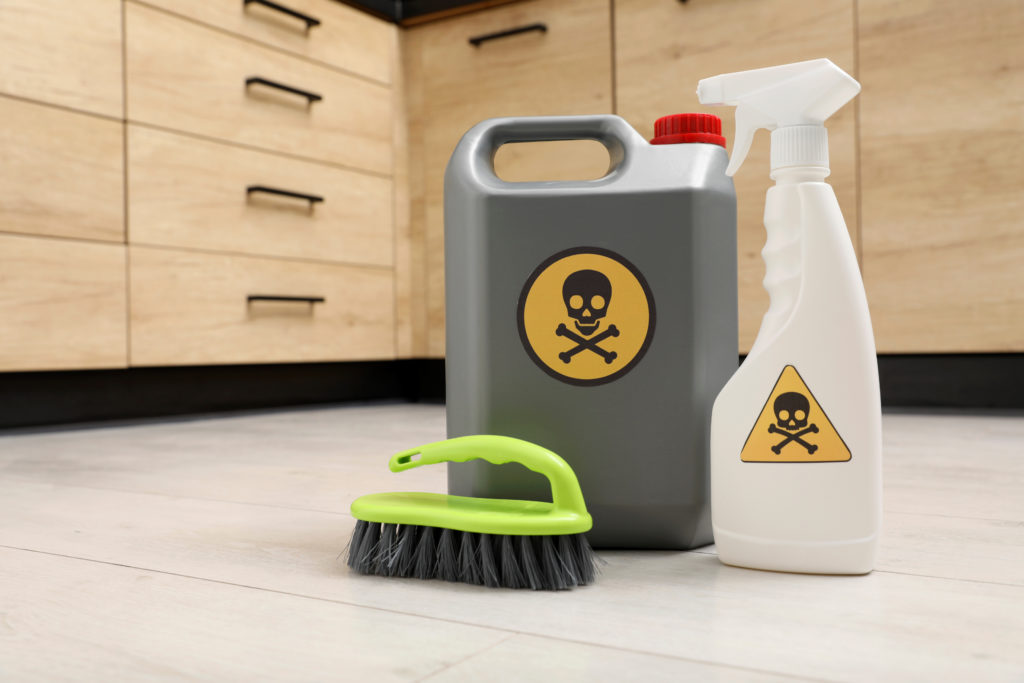
Although cleaning products are good for your home, the fumes can be dangerous!
Air Purifier Benefits
While medications for allergies and asthma can help prevent reactions, air purifiers may help remove the source of your allergic symptoms. However, air purifiers are not a replacement for your medications, and it is still important to prevent allergy-causing particles from getting into your home in the first place.
While air purifiers can improve indoor air quality, they tend to work more effectively when combined with a filter. There is also the size of the purifier to consider. A larger system is ideal if you are trying to get cleaner air for your entire home. Otherwise, you might need multiple smaller or portable purifiers for each room.
Despite their potential benefits, air purifiers may be futile if you do not take other steps to create cleaner air in your home too. They only remove particles in the air but won’t help much once these particles rest on surfaces in your home.
You can help prevent harmful particles from entering your indoor air space by doing the following:
- Clean rugs, carpeting, and fabric furniture often. At a minimum, sweep these spaces at least once a week.
- Replace carpeting with vinyl or hardwood flooring in the case of severe allergies
- Wash bedding once a week
- Bathe pets often. If you are allergic to animal dander and try to avoid sleeping with your pets
- Make sure your home is at the right humidity so that it is low enough to prevent dust mites and mould
- Never smoke inside the house
- Switch to nontoxic cleaning products, if possible.
- Ventilate your home by opening a window and running fans
- Change HVAC air filters every 30-90 days
A Breath of Fresh Air, Right At Home!
There is no wonder why home air purifiers are on the rise. Protect yourself and your loved ones by removing toxic particles in the air. Check out our air purifier selection, and improve your way of living!

